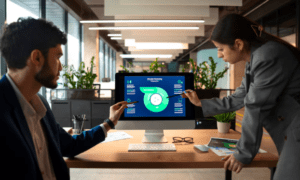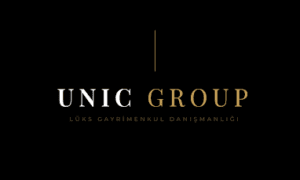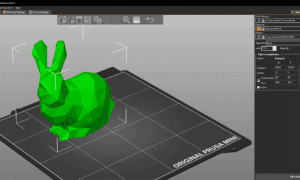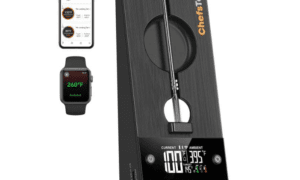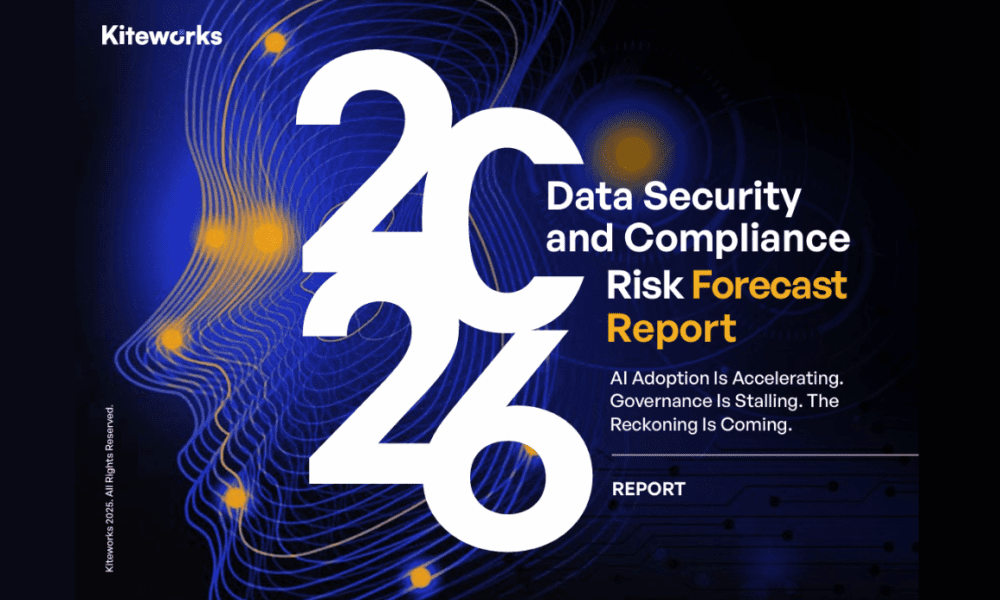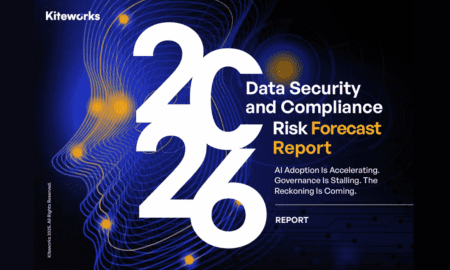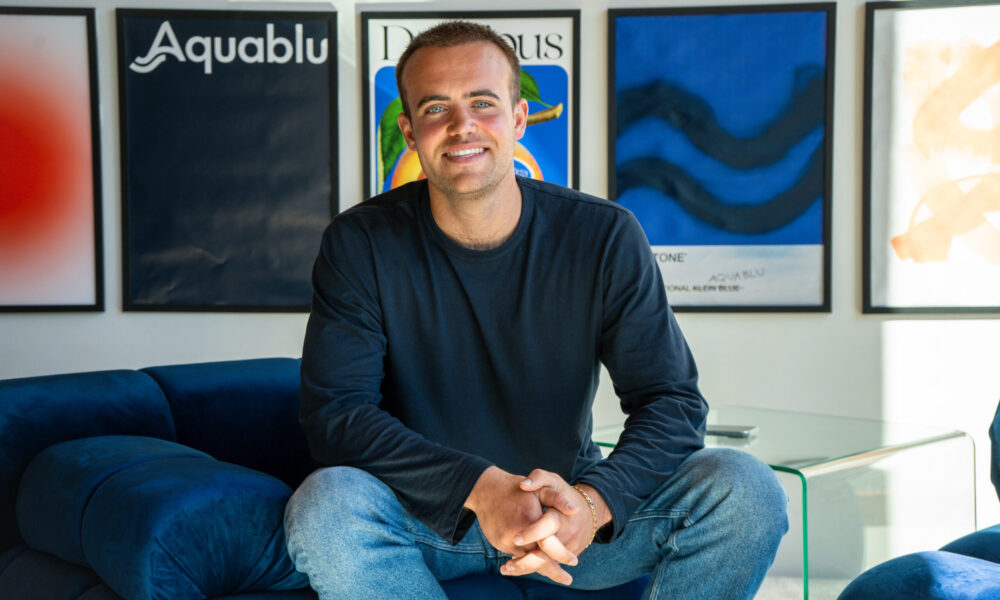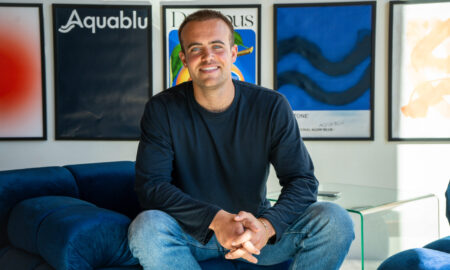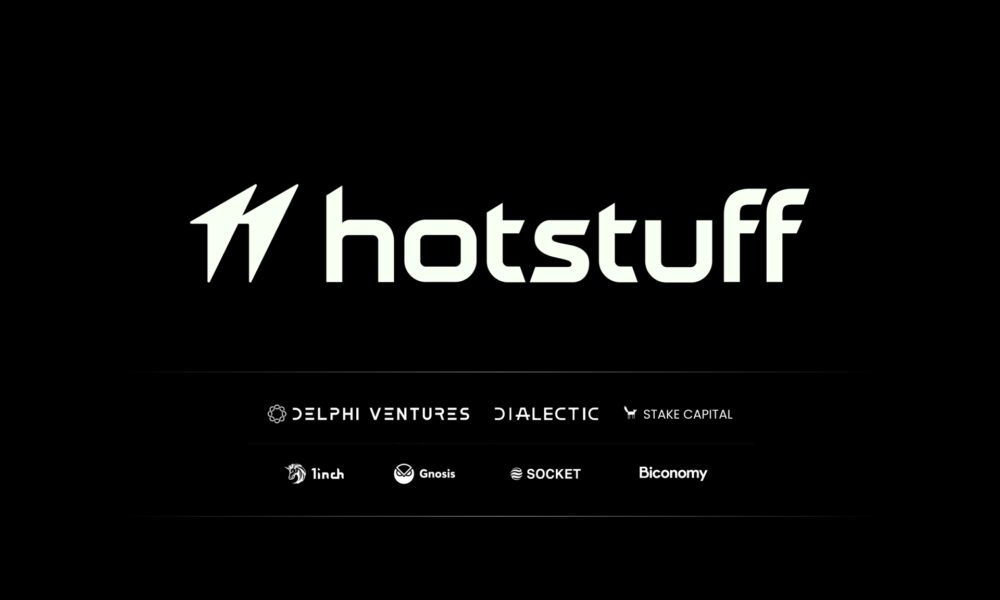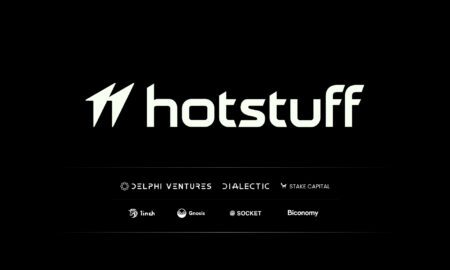According to a 2024 survey by the Global Wellness Institute, over 38% of high-performance professionals in the U.S. report using wearable tech or personalized data to improve mental clarity, sleep, or energy. Meanwhile, the global biohacking market is projected to reach $63 billion by 2028, driven by advances in genetic testing, neurotech, and health optimization platforms.
Biohacking is no longer a fringe movement. It has evolved into a data-fueled, tech-savvy discipline that blends biology with artificial intelligence, wearables, and real-time analytics. And at the centre of this evolution are biohacking courses—educational programs that teach individuals how to measure, understand, and upgrade their biology using cutting-edge tools.
From tracking biomarkers to fine-tuning brainwaves, these courses equip you with the knowledge to hack your health using science and software. Whether you’re a software engineer, a startup founder, or a lifelong self-optimizer, the future of health begins with learning how to read your own data—and act on it.
What Is Biohacking?
Biohacking refers to the practice of making small, incremental changes to your biology through science, nutrition, technology, and lifestyle experimentation. It includes everything from sleep tracking and nootropics to DIY biology and wearables. At its heart, biohacking is about gathering data, applying it, and observing results to improve health, mental clarity, energy, and even mood.
Tech Is at the Core of Modern Biohacking
The modern biohacker uses more than just green smoothies and meditation apps. The field has grown sophisticated, powered by tools like:
- Continuous glucose monitors (CGMs) to optimize diet
- Wearables like Oura Ring and Whoop for deep sleep analysis
- Genomic and microbiome testing kits to personalize supplements and diet
- AI-driven health dashboards like Heads Up and Bioloop
- Neurofeedback headsets for brainwave monitoring and training
- Cold therapy and red light devices optimized for inflammation and recovery
With access to these technologies, biohackers today can track more biomarkers than most clinics did a decade ago.
What You Learn in Biohacking Courses
Tech-forward biohacking courses are more than lifestyle advice. They introduce students to the mechanics of their own biology and teach them to use digital tools to monitor and manipulate their body’s systems. Here are key topics often covered:
1. Data Tracking and Analysis
You’ll learn how to quantify your health. Courses often teach you how to interpret data from:
- Sleep trackers
- HRV (heart rate variability) monitors
- Blood biomarker panels
- DNA analysis platforms
- AI-powered habit trackers
Understanding how to visualize and interpret this data is foundational to building a personalized biohacking protocol.
2. Nootropics and Supplement Stacks
Students explore cognitive enhancers—natural and synthetic—and how to personalize stacks based on neurotransmitter profiles or performance goals. Some advanced courses cover the neurobiology of productivity and offer tools to test mental sharpness over time.
3. Biofeedback and Neurotech
Courses focused on brain performance often incorporate neurofeedback, EEG tech, and meditation optimization through hardware. You’ll learn how to regulate stress, boost focus, and improve memory by reading brainwaves and using feedback loops.
4. DIY Biology and Genetic Tools
For the more adventurous, some courses cover CRISPR basics, open-source biology experiments, and hacking gene expression through lifestyle. This is where tech meets biology in the most direct way.
5. Longevity and Anti-Aging
You’ll get into the science behind telomere length, cellular senescence, autophagy, and mitochondrial health—and how to influence them through sleep, nutrition, cold therapy, and bioavailable compounds like NMN or resveratrol.
Top Biohacking Courses That Go Deep on Tech
If you want to dive into tech-centric biohacking, consider some of these standout programs:
● HumanOS
This platform blends courses with an integrated app, offering modules on circadian health, digital fasting, and habit design—complete with wearables integration and metrics tracking.
● Upgrade Labs Biohacking Training
Founded by Bulletproof’s Dave Asprey, this course gives you access to real tech used in his flagship labs, from PEMF mats to cryotherapy protocols, and includes instructions on integrating data with your smartwatch or biometric tracker.
● The Quantified Self Academy
For those deeply into data, this course helps you build your own tracking systems, automate metrics collection, and apply data science techniques to optimize performance. Think: spreadsheets, scripts, and dashboards for your biology.
● Bioloop Masterclasses
Bioloop uses AI to build personalized optimization protocols. Their courses show you how to integrate blood tests, wearable data, and biometric feedback into a single looped feedback system.
● SelfDecode Academy
Ideal for those interested in genetic biohacking, SelfDecode teaches how to interpret your DNA and build lifestyle plans based on AI-generated insights from your genetic and microbiome data.
Who Should Take These Courses?
- Engineers and Developers who love data, systems, and tracking
- Entrepreneurs and Executives looking to increase energy and focus
- Fitness Enthusiasts who want to optimize recovery and cellular health
- Healthcare Professionals who want to stay on the edge of preventive care
You don’t need to be a PhD to benefit, but some familiarity with metrics, spreadsheets, or wearables is helpful.
Ethical and Safety Considerations
With power comes responsibility. Many courses now include lessons on bioethics, risks of DIY biology, and the importance of data privacy. As biohacking becomes more connected to digital health platforms, students must also learn how to secure their biometric data and avoid pseudoscience.
The Future of Biohacking Education
As AI, IoT, and personalized medicine advance, biohacking courses are expected to become more immersive and integrated. We’ll likely see:
- Virtual reality simulations to practice breathwork or biofeedback
- Digital twins that model your body using real-time data
- Blockchain health records for secure, decentralized data sharing
The merging of tech, education, and self-optimization is forming a new kind of curriculum—one where you’re both the student and the experiment.
Biohacking is no longer just about green smoothies and meditation. It’s now a data-driven, tech-enhanced journey into understanding and improving your biology. For those curious about what’s possible when science meets self-experimentation, biohacking courses offer a structured, tech-forward way to unlock your full potential.


